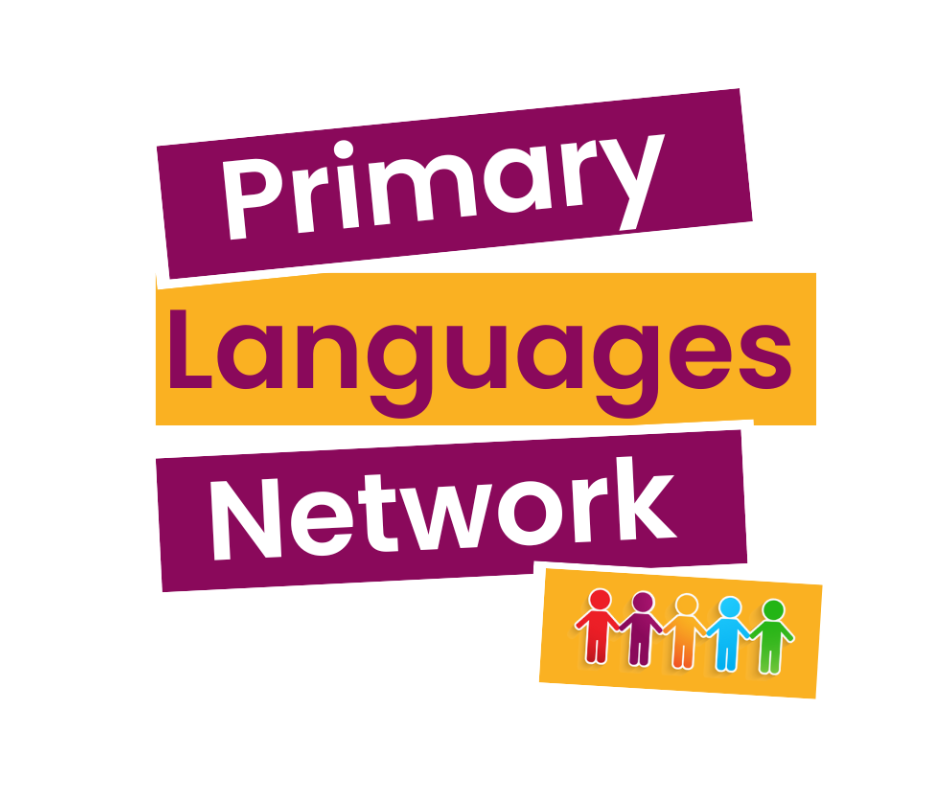German
At Leighton Academy, we aim to develop children's understanding as global citizens and offer the opportunity to learn about other cultures through teaching the German language. The children develop speaking, listening, reading and writing skills throughout their years of learning German.
At Leighton, German learning begins in nursery using cross-curricular link in EYFS and KS1.
 Our Linked School in Cologne https://kgs-gotenring.de/
Our Linked School in Cologne https://kgs-gotenring.de/
Year 5 have the opportunity to visit our link school during our visit to Cologne. This is an amazing opportunity to meet our pen-pals, experience school life in a different country and establish new friendships.
We are made to feel extremely welcome and participate in a whole school assembly before working in smaller groups in individual classrooms to experience a typical German lesson!
‘Languages are an essential part of a broad, balanced curriculum. Not only do they provide an opportunity to communicate more effectively with others, they also help children to understand what it is to be a global citizen. This includes the importance of tolerance and understanding, which is crucial knowledge in today’s world.’ (OFSTED, 2021)
In German at Leighton, our programme is based upon children being able to use the German language in everyday experiences through meaningful dialogue. This allows children the freedom to explore their social and cultural development. Children develop knowledge and understanding of a range of German Culture. Our German curriculum aims to develop language literacy through the use of different skill areas including speaking, listening, reading and writing.
The curriculum is implemented differently across the Key Stages to reflect the needs of the children:
-In EYFS and KS1 German learning is linked with other curriculum areas. We understand that children learn languages best when taught little but often. German is used daily within the register, daily greetings and asking for fruit.
-In KS2, children build on prior learning by following the National Curriculum supported by the Primary Languages Network scheme of work, alongside daily greetings similarly to EYFS and KS1.
Children at Leighton Academy:
-
Introduce young children to another language in a way that is enjoyable and fun.
-
Enable children to use their knowledge of the language with confidence to understand, speak, read and write
-
Help develop awareness of another country and another culture
-
Express simple ideas with clarity using sentences and appropriate punctuation
-
Learn poems and songs
-
Understand and use basic grammar
-
Foster an interest in learning other languages by laying the foundations for future study
-
Assessment of German should be meaningful and support monitoring and tracking of pupils over time.
-
Children will have a stronger awareness of the world around them.
-
Children will see the benefit of learning another language and enjoy their German learning.
-
Children will be prepared for future language learning.






